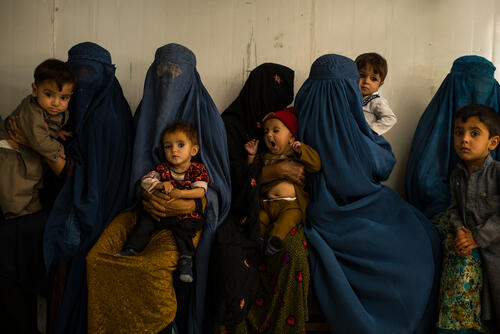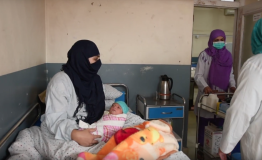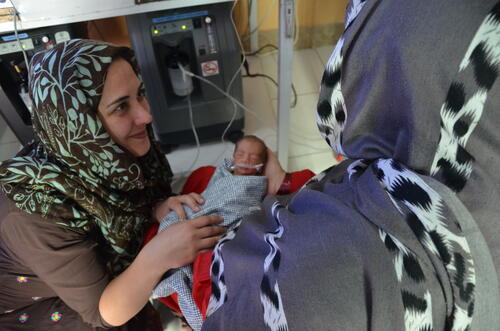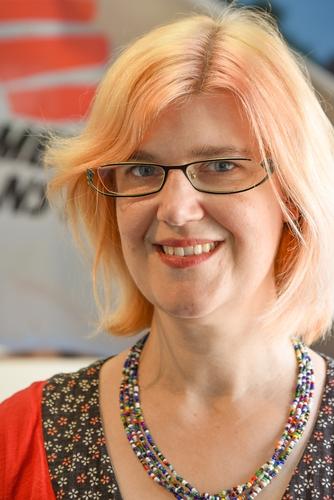After almost 10 years of working in the hospital in Ahmad Shah Baba, eastern Kabul, Afghanistan, Médecins Sans Frontières (MSF) handed over the last of our activities to the Ministry of Public Health.
“Taking the decision to leave is never easy, especially after so long. But our intention when we opened this project was to support and not to replace the Ministry of Public Health. We have worked closely together over the years and it is now time to hand services back”, explains Prue Coakley, MSF’s Head of Programme. “We are grateful to the community and the shura (community elders) for their support during this process.”
Ahmad Shah Baba was the first project MSF opened when we started working in Afghanistan again in 2009, after a five-year absence. We upgraded Ahmad Shah Baba to a district hospital, with a focus on the emergency department, maternity services and treatment protocols, increasing the medical services available so that fewer patients had to be referred elsewhere. As well as working in the hospital, from 2014 MSF also ran mobile clinics carrying out antenatal and postnatal consultations, vaccinating women and children, and screening for malnutrition.
From mid-2018, we began gradually handing over the responsibility of various departments to the Ministry of Public Health, with specialists supporting the ministry’s staff to ensure that they had the knowledge they needed. This work continued over the course of the year and into 2019. At the end of December 2018 responsibility for the outpatient department of the hospital was handed back to the Ministry of Public Health.
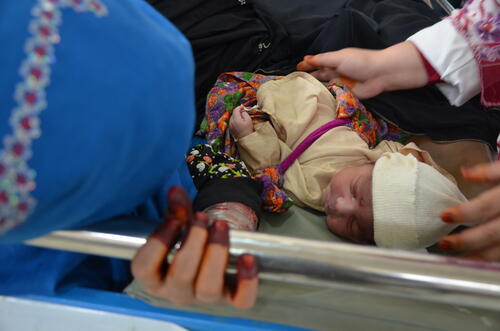
“Now that we’re leaving, we’re counting on the Ministry of Public Health to maintain the hospital’s high level of medical care”, says Coakley. “Women must continue to be able come to Ahmad Shah Baba for help with complicated deliveries.”
Over the years, our teams repaired and refurbished parts of the hospital. Improvements were made to the emergency department, and to the laboratory and X-ray services. An operating theatre, a small inpatient department, new women’s and paediatric outpatient departments, and a new maternity ward were all built. A new central heating system was also installed.
While one of MSF’s projects is coming to an end, we remain committed to the people of Afghanistan and teams continue to work in six projects around the country. In Kabul itself, MSF continues to support the Ministry of Public Health in Dasht e-Barchi maternity, and there are also projects in Helmand, Kandahar, Herat, Khost and Kunduz.
MSF first started working in Afghanistan in 1980, but was absent from the country between 2004 and 2009 after the killing of five staff in Badghis province. In 2018, MSF had seven projects in six provinces of the country and undertook a total of nearly 140,000 outpatient consultations, assisted 74,600 deliveries and performed 11,400 surgical interventions. For our work in Afghanistan, MSF does not accept funding from any government. Instead, the organisation relies solely on donations from the public.



